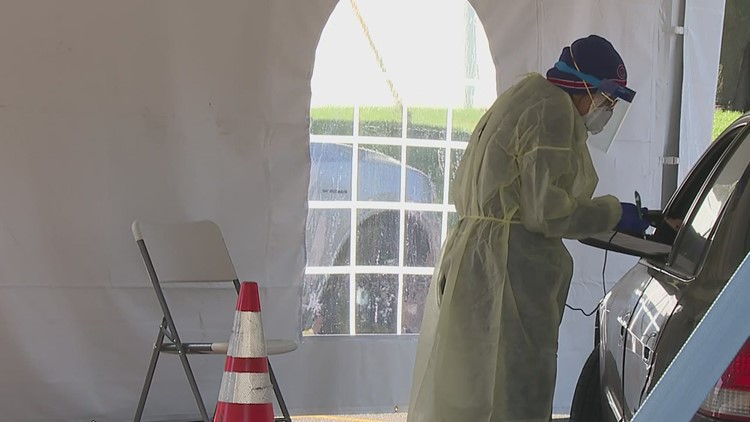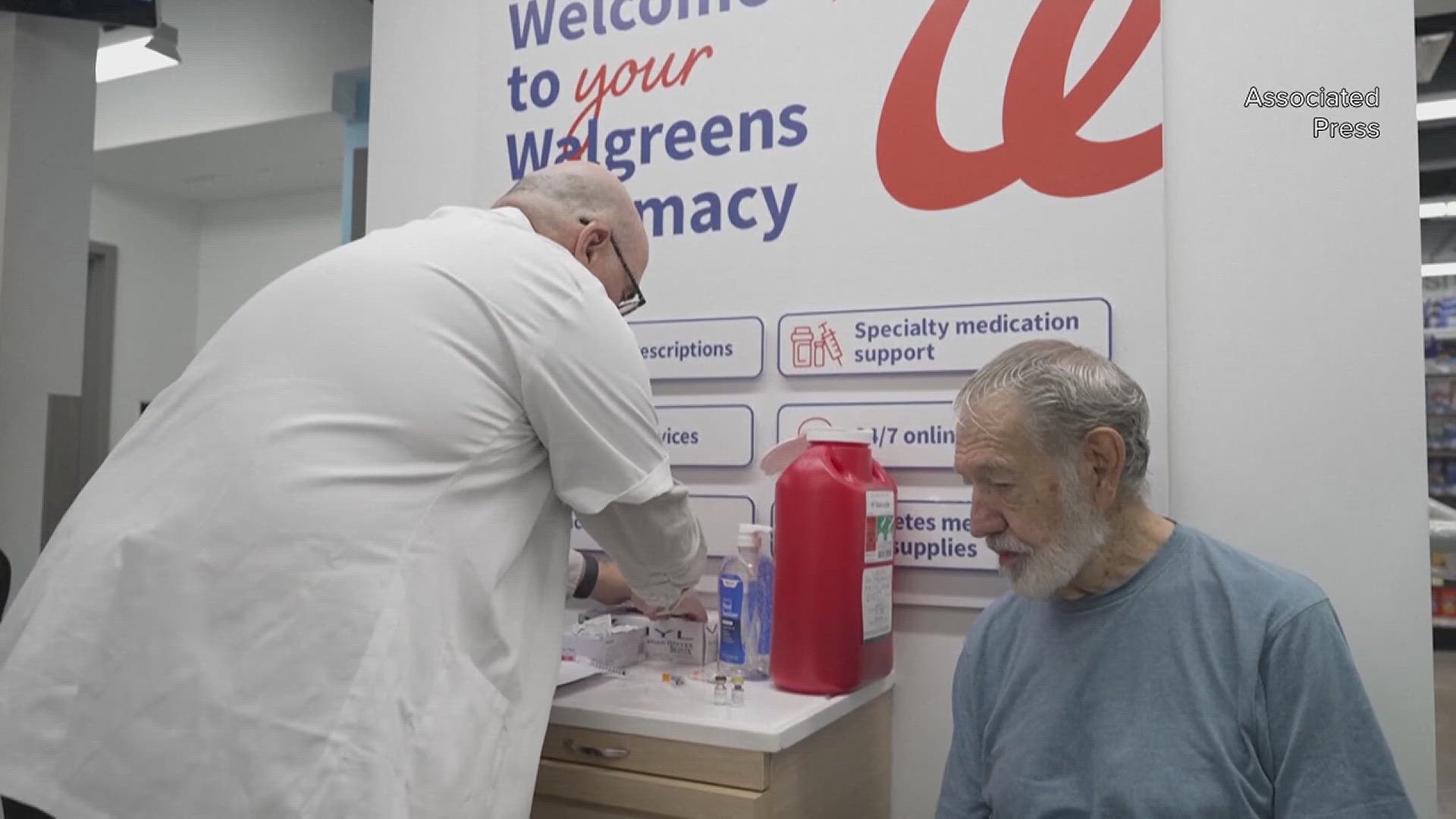This meeting features:
- Nita Ludwig, Administrator, Rock Island County Health Department
- Edward Rivers, Director, Scott County Health Department
- Dr. Jessica Roisen, Philosophy Professor, St. Ambrose University
The coalition will be discussing the latest local updates on COVID.
You control this critical point in the pandemic
Remarks from Edward Rivers, director, Scott County Health Department
The Quad Cities is at a critical point in the COVID-19 pandemic. We have had two goals for our community: to slow the spread of the virus; and to protect our healthcare system from becoming overwhelmed. I am sad to report that we have failed at one and are dangerously close to failing at both.
The spread of the virus is increasing at a faster rate each day. We have gone from an average of 60 daily cases in the middle of October to 250+ daily cases this week. Another indication is our positivity rate. In Scott County, we hovered around 7% positivity for a number of weeks. That number jumped to around 16% during the first week of November and is now above 23%. This means in the last 14 days almost 1 in 4 people who were tested were positive. Rock Island County only slightly less with a seven-day rolling average positivity rate of 20%. The spread of the virus is rampant in our community at this point.
Even if you still don’t know anyone who has the illness or a bad outcome, with this rate of cases it won’t be long.
You may have heard the pleas from our hospitals over the last two weeks. You have heard them express their concern that they may not be able to accommodate every patient who requires an ICU bed. Even if more beds were available, trained staff to support patients in the ICU are limited. Hospitals are losing staff to illness and quarantine. We are now being told that we may soon reach a point where the staff and resources needed to support you should you need more advanced medical treatment might not be available.
We have two options for moving forward:
· Option 1: continue on our current course in which some in our community mask and distance and the others live their daily lives as if we weren’t in a pandemic. This hasn’t worked so far, and there’s no reason to believe that will change.
· Option 2: all of us – members of the public, business owners, community leaders, students, and employees – we all get on the same page and agree on one thing: we cannot be a healthy, prosperous community if we do not slow this pandemic down. That means we ALL mask. We ALL cancel gatherings. We ALL only go out for essentials. We ALL immediately isolate if we have symptoms. We ALL stay in quarantine the entire time.
The key to all of this is YOU – our residents, our community members, our neighbors. We have been explaining for months why it’s important for people to mask up and distance. We’ve provided reasons why it’s important. We’ve highlighted the damage this ongoing pandemic is having on our businesses. We’ve stressed the impact on our health care systems. Yet we still haven’t seen it happen.
Dr. Jessica Roisen joins us today to talk about the ethics of compliance with public health prevention measures.
Ignoring guidance transfers risk to others
Remarks from Dr. Jessica Roisen, philosophy and ethics professor at St. Ambrose University, Davenport
1. Follow recommended guidelines because:
a. Prevention works best
i. An ounce of prevention…
1. 83% of the years added to our lifespan have come, not from our improved healthcare, but from improved sanitation and prevention.
ii. Efforts to keep ourselves and those around us healthy are the only thing we can really control
1. Leaving the house like Batman…
b. Not following guidelines doesn’t eliminate risk, it just transfers responsibility to those around you
i. Ex. Infants and very small children
c. Hindsight is 20/20
i. We don’t want to be in a situation where we regrettably feel we could have done more.
2. We are all in this together
a. Just like second-hand smoke – it takes a group effort to make a difference
b. We all want to get back to normal as soon as possible



